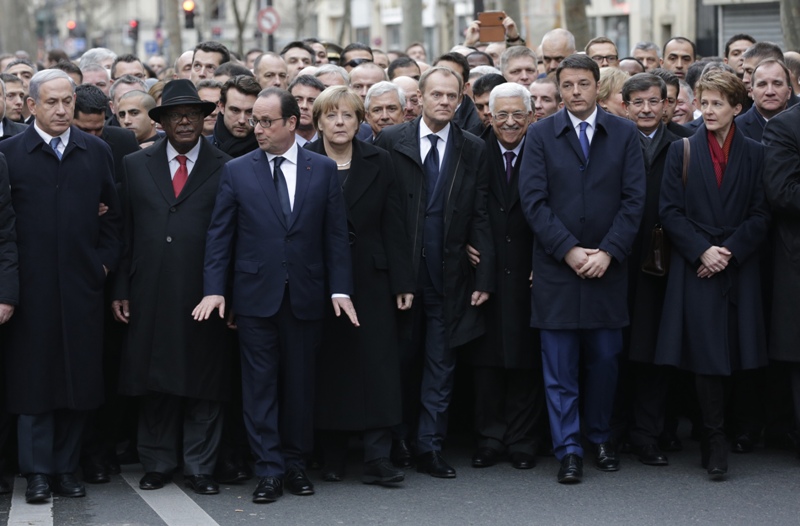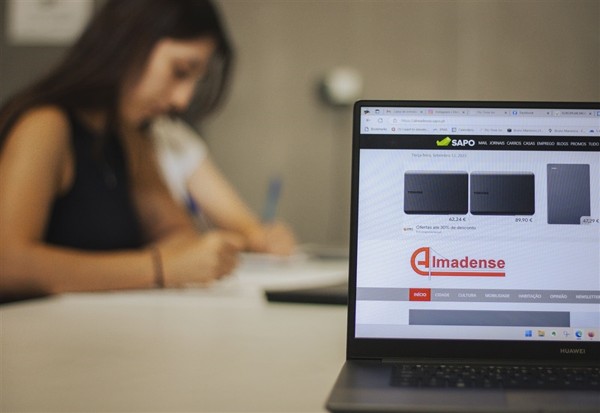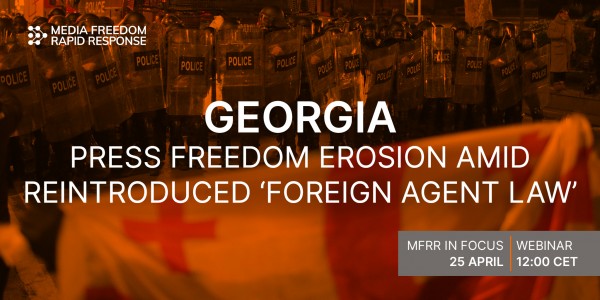Freedom of expression is an assumed right in the European Union. But that assumption is little more than an idea anchored in our mental routine. We hardly consider the difficulties that freedom of expression runs into in practice. In the first trimester of 2015, for example, more than a third of journalist killings in the word occurred in two European countries (France and Ukraine).
If it is true that the reactions, the majority of them very emotional, that Europe experienced after the Charlie Hebdo killings were salubrious, they also gave rise to ambiguous situations – above all due to the presence of heads of state or government at the crowd protest in Paris.
Upon seeing Angela Merkel – to take one small example – one was reminded that Germany continues to treat blasphemy as a crime, as do Denmark, Spain, Poland and Greece, among others. All these European countries defend themselves by saying that they do not apply their laws against “blasphemers”. It does not seem like a good argument to oppose the bloc (Saudi Arabia, Iran, various Asian countries) that has for many years tried – dangerously – to turn blasphemy into a universal crime recognised by the U.N. In Ireland, whose prime minister, Enda Kenny, was also in Paris, not only does the Constitution give specific mention to blasphemy, but also in 2010 a new law against blasphemy took effect.
Also in Paris, of course, was [Spanish prime minister] Mariano Rajoy, whose government promotes certain steps backward in the Penal Code and at the same time makes partisan use of the public media in Spain. The International Press Institute (IPI), in its most recent report [on Spain], highlighted that “potentially restrictive new legal norms, in particular the Public Security Law” restrict freedom of expression.
And what was Viktor Orban doing in Paris? The Hungarian president has reunified Hungarian public media so as to better submit them to his own party later. Orban, despite being the leader of an EU country, has imitated the model of Vladimir Putin, where the Sakharov Center and Museum is no longer ordered to close, as in old times, but rather fined 300,000 roubles (€5,000) for failing to register as a “foreign agent”. In this experimental model, one day sees the announcement of obligatory registration for bloggers (Russia); another, harassment against NGOs perceived as “unpatriotic” (Russia, Hungary).
Further joining the Paris march was Ahmet Davutoğlu, prime minister of Turkey, who afterward dared to call Charlie Hebdo’s post-attack issue a “provocation” toward the victims. We are talking about an EU candidate country where the number of journalist sentenced to prison can be counted in dozens; and where a judge prohibited any reproduction of those caricatures. Two journalists of the daily Cumhuriyet are currently being prosecuted because their newspaper republished parts of the relevant pages of Charlie Hebdo.
In the historic Republican marche, just behind survivors of the Charlie Hebdo attacks, various representatives of European journalists walked with the banner “Nous sommes Charlie”. Next to me was Franco Siddi, of the Italian National Press Federation. There, he talked to me about another problem. On March 23, various colleagues of mine, as well as a representative of the OSCE, met in Milan to discuss the planned reform of Italian defamation law with our Italian colleagues. Imprisonment for defamation is still a possibility in Italy, even though the European Court of Human Rights has said imprisonment is a disproportionate punishment, including in a 2013 case involving Italy.
In Spain, this possibility [of imprisonment] remains, even if under [Spanish] jurisprudence freedom of expression consistently prevails over the demands of plaintiffs. In Italy, the [jurisprudence] is the same; yet [our Italian colleagues] don’t want to ignore the fact that, in 2014 alone, 462 journalists in Italy were threatened [with legal action] for alleged acts of defamation. And while the proposal being considered foresees eliminating the possibility of imprisonment, it also increases the potential fines. Gabriele Dossena, a journalist from Lombardy, reminded us of other earlier restrictive measures: “Da vent’anni si tenta di porre il freno al diritto di cronaca” (“For 20 years they have been trying to put a stop to freedom of the press”). Berlusconi planned legal changes to suppress financial or judicial news that prejudiced his political standing or his personal businesses.
Since the [Sept. 11, 2001 attack on the] Twin Towers, but also on other, earlier occasions, such as in the United Kingdom during the most difficult years of the Northern Ireland conflict, there has existed a reflexive habit that consists of passing “urgent” laws under security pretexts. The current model is the USA Patriot Act, which has been recently discussed in France. In the UK and Spain, laws that free expression activists describe as “gag laws” are being debated.
In Macedonia/FYROM, the sentencing of the investigative journalist Tomislav Kezarovski to two years in prison is a warning to countries in the east of Europe still uncertain as to which path to follow. Gvozden Srecko Flego, member of the Parliamentary Assembly of the Council of Europe, highlighted in a report the cases of Russia, Ukraine, Turkey and Azerbaijan as particularly problematic. As a countermeasure, he recommends “organising annual debates…, with the participation of journalists organisations and media outlets” in the respective national parliaments of each State. Also gaining steam is the proposal, which other international bodies have already accepted, to create a “Media Identity Card”, by which media owners must identify themselves as such before public opinion. This proposal hints at the problem (or taboo) of media concentration, one of the most serious challenges to media pluralism. For freedom of expression, media concentration is as serious as the habitual spying on communications revealed by Snowden.
In Paris, the Nouvel Observateur highlighted the contradictory presence of the leaders of Egypt, Saudi Arabia, Gabon, Jordan, Russia, Israel and Palestine, all bearing notches of pride for having attacked defenders of freedom of expression at home.
That is not to say that the situation in all of these countries can be equated, or even that the situation in one European country can be equated to other European countries. But defending freedom of expression as a European value implies that perhaps we cannot allow ourselves to protest too much alongside those whom the Nouvel Observateur called “hypocrites of the Republican marche”. As regards freedom of expression, Europe needs to distance itself both from these hypocrites and from our own mental routines. In the 21st century there are no minor warnings about freedom of expression.
Paco Audije is a Spanish freelance journalist and a member of the Steering Committee of the European Federation of Journalist (EFJ). The views expressed in this article may not necessarily be those of IPI. This article was published on May 1, 2015.



